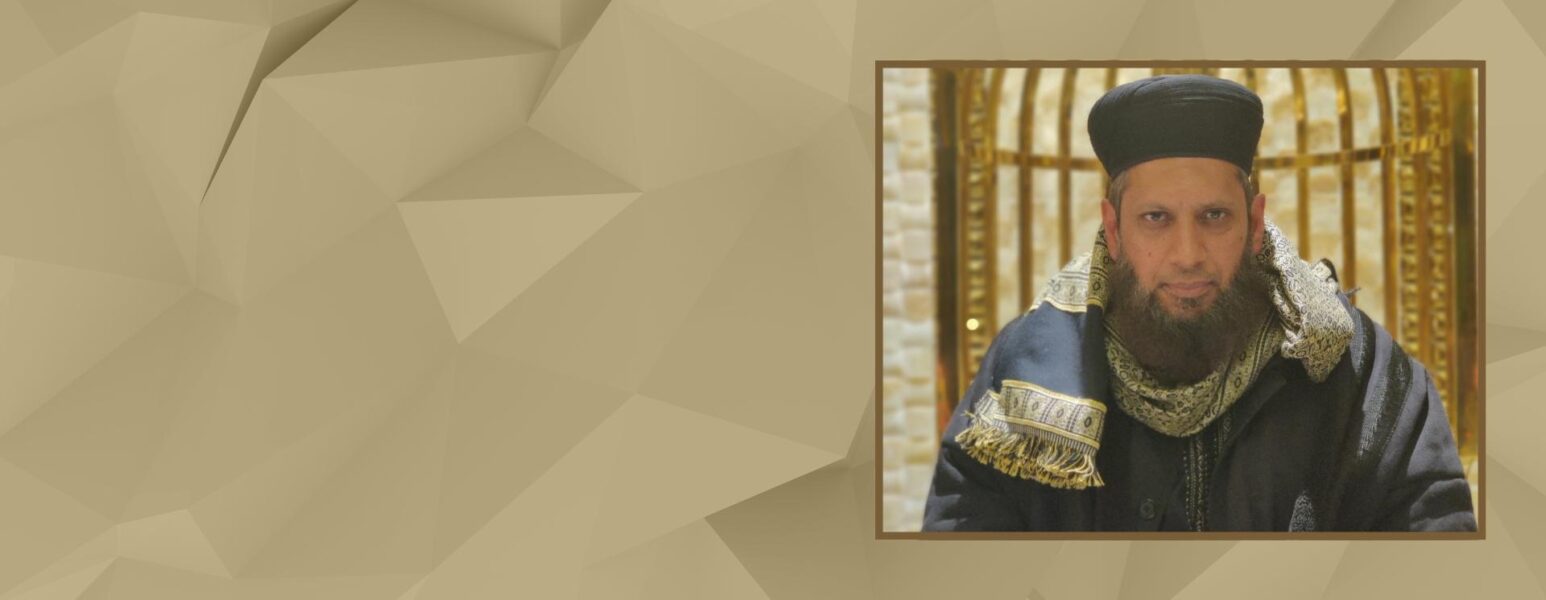Afghanistan has largely disappeared from the media, but it remains one of the world’s worst humanitarian disasters. Decades of insecurity and conflict from the failed “War on Terror” has left Afghanistan facing one of the biggest humanitarian crises in the world.
The abrupt loss of most international aid after the Taliban takeover in August 2021 prompted the initial crisis; however the devastating earthquake that hit eastern Afghanistan in June, killing over a thousand people and leaving many more injured, has further aggravated the situation. According to UNICEF, 13.1 million children across Afghanistan still urgently need humanitarian assistance to survive.
The response in such a situation for most charities and charity workers is to ensure that humanity, impartiality, neutrality, independence and voluntary service inform their response. These are fundamental principles in charity. It is imperative that a charity acts out of a desire to bring assistance without discrimination to all those in need to prevent and alleviate human suffering wherever it may be found. The purpose is always to protect life and health.
In addition, in order to continue to enjoy the confidence of all, charities may not take sides in hostilities or engage at any time in controversies of a political, racial, religious or ideological nature. Further, whilst all UK charities are subject to the laws of their respective countries, they must always maintain their autonomy so that they may be able at all times to act in accordance with the fundamental principles set out above to reach those in need.
It is the crisis in Afghanistan and the desire to bring relief to the needy that led to Shaykh Suliman Gani to respond to the call when requested upon by Human Aid (a UK registered charity) to assist with the humanitarian effort.
Instead of being praised for his noble effort, Shaykh Gani has been subjected to a relentless barrage of negative media activity instigated by the right wing press for appearing in photographs with officials from the Taliban during his stay in Afghanistan. They are seeking to pressure his employers to dismiss him.
As stated above, the principal objective of Shaykh Gani and the charity he assisted was to provide urgent relief. To be able to provide support in such contexts, aid organisations must be accepted by the State, it’s officials as well as by local people. The reality is, the Taliban are the official administration of the country after the failed efforts of the War on Terror. Any charity operating there will inevitably require authorisation from the government of the land – the photographs are only evidence of this. As a volunteer there, Shaykh Gani, like all in similar circumstances will have acted under the principle of neutrality, that is to say he is not there to be taking the side of anyone in any conflict, he is on the side of those who suffer. Similarly expecting Shaykh Gani to come back here and openly criticise anyone as many of the right wing media now expect for their own nefarious purposes, would only impede and hamper the humanitarian effort of the charity in question and put the lives of millions at risk.
Further, Shaykh Gani should not be criticised for objectively and accurately describing what he witnessed while there, even if his account does not tally up with what mainstream presents about the country.
Shaykh Gani in our view is being held to a higher standard because he is Muslim. How is that a person or organisation can stand with those who are considered by many to be war criminals such as Tony Blair or Benjamin Netenyahu, however, there is no outcry?
No organisation should ever let the right wing media dictate any response. Shaykh Gani was in Afghanistan as part of a relief effort, which included distributing Zakat, one of the pillars of Islam. His actions whilst there, where he was manifesting his beliefs should therefore be protected under the Equality Act 2010.
We call upon the Muslim community to offer their support to Shaykh Gani.
